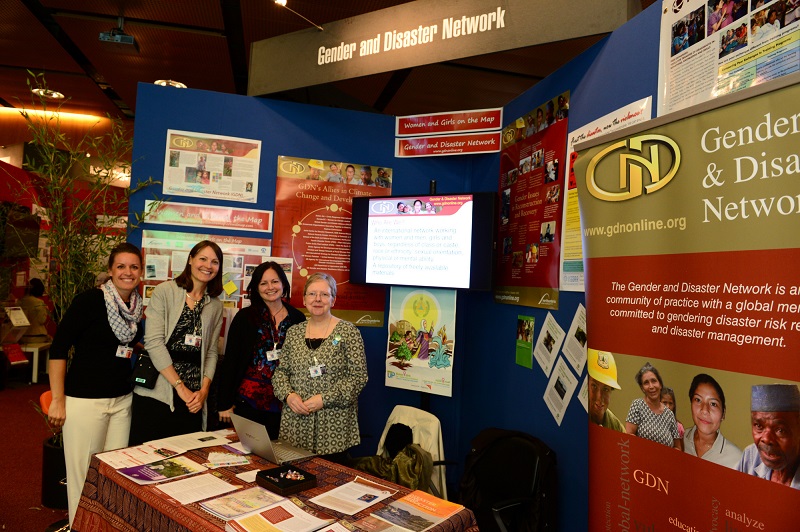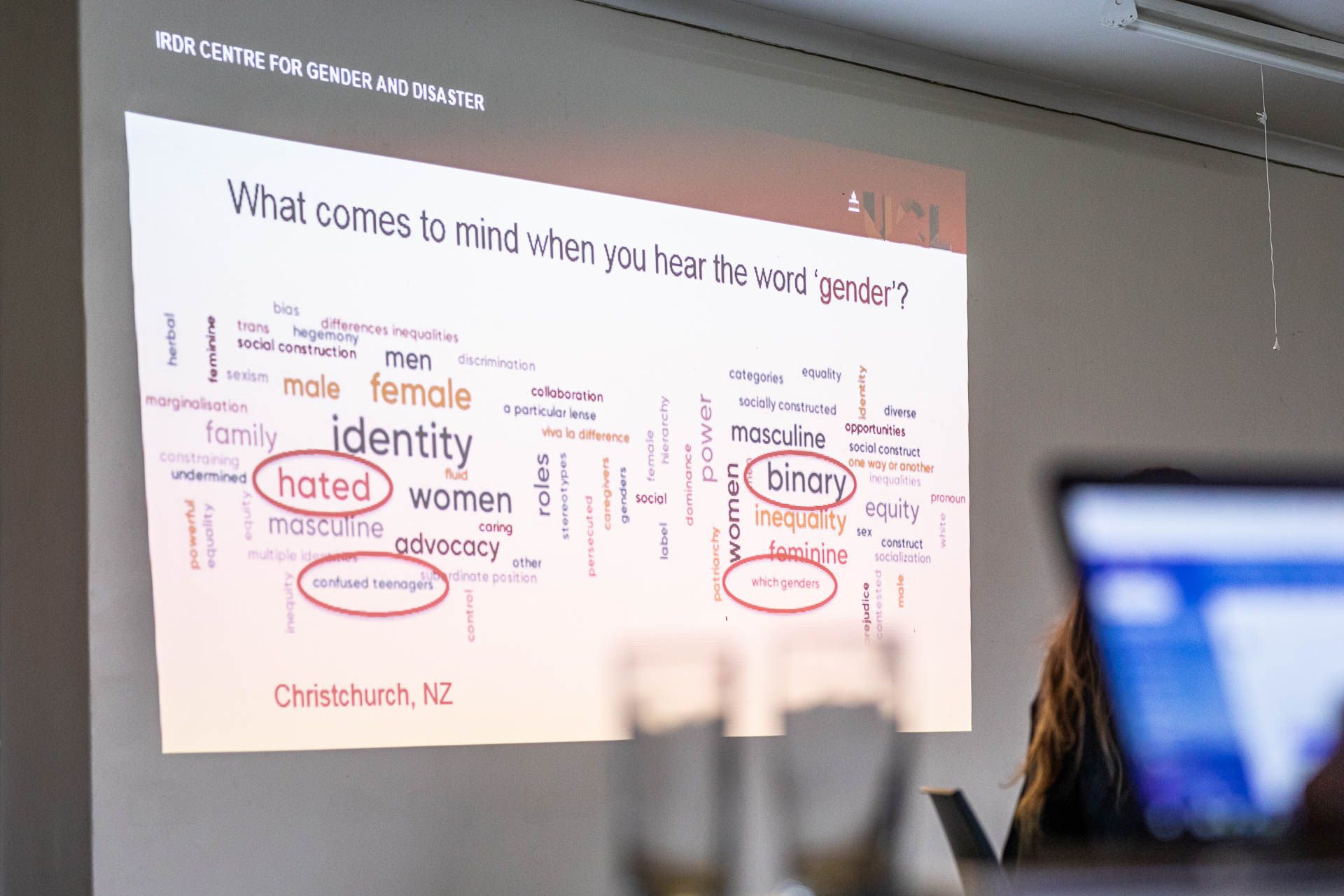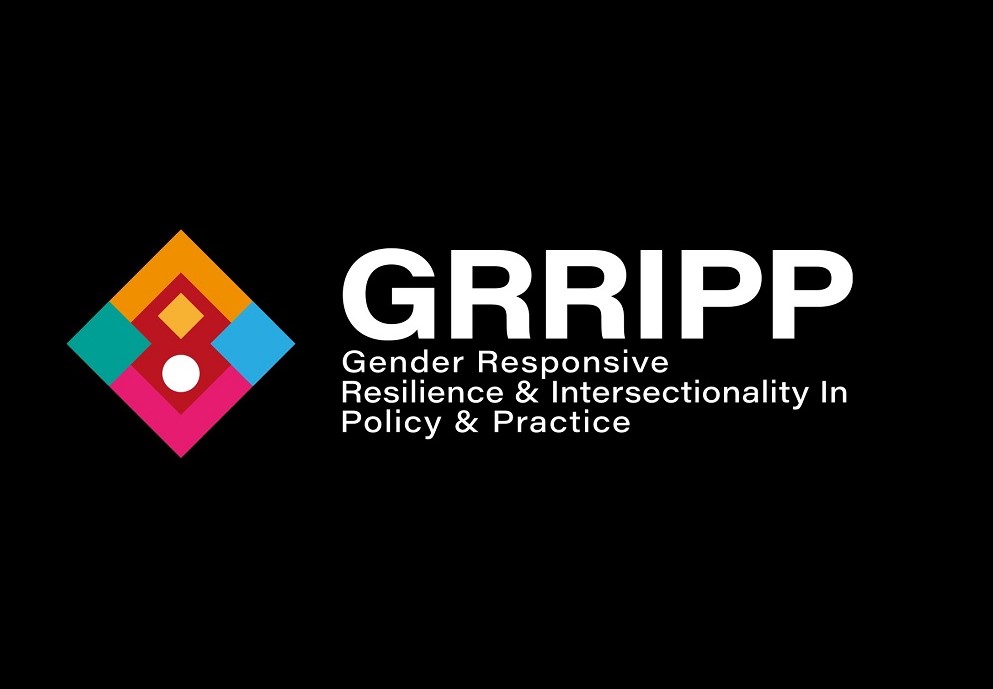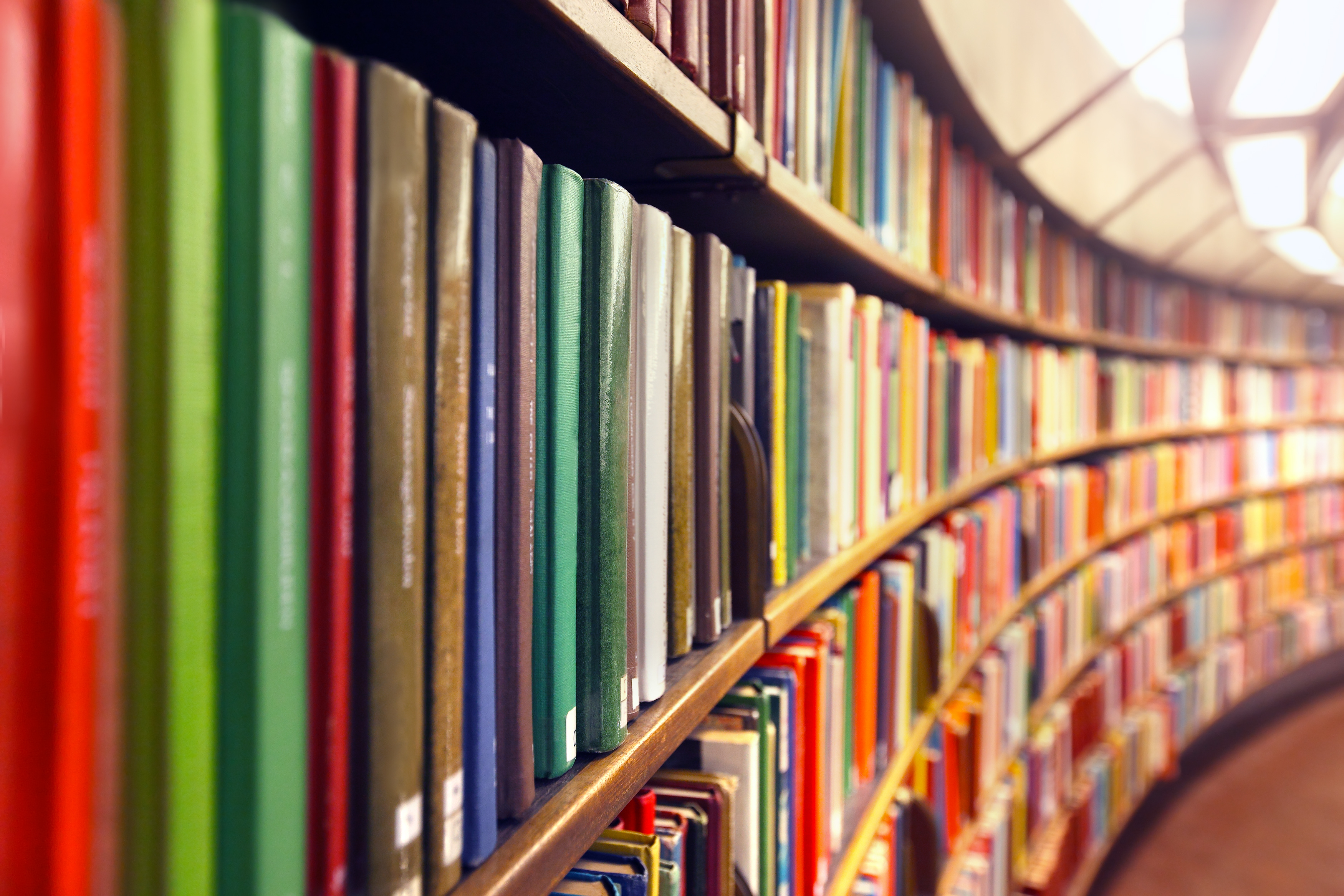Centre for Gender and Disaster
Specific Objectives
- Advancing the understanding of gender in the context of disaster risk reduction (DRR), conflict and humanitarian crisis and strengthen the evidence base : ‘gender’ doesn’t just mean ‘women’.
- Building bridges between studies of hazards, DRR and conflicts and between ‘hard’ and ‘soft’ sciences; these normally exist in parallel in research whereas they frequently overlap in reality.
- Bridging the gaps between theory and practice through producing impact-oriented research outcomes and supporting other organisations in gender-integrated research.
- Combining gender and disaster research with other subjects where gender might be absent, overlooked, or not adequately adressed.
- Provide a multi-sectoral connection space for researchers, students, policy makers, decision makers, NGOs and anyone who shares a desire to work collaboratively to answer difficult questions. Often these stakeholders operate in silos when they could be benefitting from shared experience and expertise.
- Promoting a feminist and decolonial approach and amplifying subaltern voices.
Thematic focus
The Centre has identified five research pillars as its initial focus, some of which align with UCL's Global Challenges:
- Social Justice, Equality and Equity
Under the broad umbrella of social justice, equality and equity, the Centre aims to address social inequality and gender-based discrimination through impact-based research and cross-sectoral dialogue. In times of crisis (following both environmental hazards or conflicts), people’s experiences vary depending on their gender. The impacts of crises are felt differently by men, women and more generally by people of diverse sexual orientation, gender identity, gender expression and sex characteristics. Other intersecting social categories such as age, class, caste, religion, and so on, further influence the capacities of people to face and recover from disaster events. We conduct and support research that demonstrates how crises can have gender differential impacts on people and why is it necessary to address them, in a gender responsive way, that is, in a way that tackles inequalities and support inclusion.
- Engineering and Infrastructure
The majority of infrastructure projects fail to take gender inequalities and patterns of exclusion into account. Beyond access to services, the routine lack of women’s participation at all stages in engineering infrastructure projects means gender inequality is reinforced and infrastructure loses important potential inputs that could make it more effective and sustainable. Those are largely instrumentalist arguments in favour of the inclusion of women and other social groups in the engineering infrastructure process. There is a more fundamental rights-based argument that demands equality of opportunity at every stage but which is rarely achieved. We explore and promote gender responsive infrastructure and planning – making cities, towns and villages work for all; before, during and after disasters, and more resilient to climate change.
- Transformative Technologies
There is a gendered technology divide – still – which operates to different degrees in different contexts but is almost universal. While attitudes and practices are changing, women generally own less technology or have less than equal access to it. This research pillar is an opportunity for the Centre to work with another of IRDR’s research centres: the Centre for Digital Public Health in Emergencies (dPHE). We recently collaborated for the MANTRA project, exploring ways to increasing maternal and child health resilience before, during and after disasters using mobile technology in Nepal. We are currently part of the RiskPACC project (European Union’s Horizon 2020) that facilitates interaction between citizens and Civil Protection Authorities to jointly identify their needs and develop solutions to build enhanced disaster resilience, based on new forms of digital and community-centered data.
- Gender-responsive Data
People experience disasters and conflicts differently based on their gender. Often women and people from other marginalised groups are the hardest hit due to their gender roles, social expectations and power relations. Their experience is further worsened because of their lack of presence in decision making. In order to tackle gender inequality as one of the key global challenges, it is crucial to collect gender disaggregated data. Given the parts of society that are often excluded from day to day engagement and decision making, data collected during disasters and conflicts can be a useful tool for understanding what requirements these groups may have and how best to ensure engagement with them during planning and policy-making to ensure an all-inclusive response. Despite the need and commitment under the Sendai Framework for Disaster Risk Reduction, only a small minority of countries worldwide have allocated resources to collect gender disaggregated data. We support and advocate for the collection, analysis and dissemination of gender disaggregated data. Our Reference Guide series on Gender and Disaster and database contribute to share knowledge that builds on gender considerations.
- Health and Wellbeing
We aim to work closely with our sister Centre for Gender and Global Health at UCL but we focus specifically on health and wellbeing in the contexts of disaster risk reduction, conflict and humanitarian crisis where sexual and reproductive health, for example, are often lacking. According to UNWOMEN, 1 in 3 women experience either physical or sexual violence at least once in their lifetime, with the majority (70%) perpatrated by their own partner/husband. Child marriage often results in early pregnancy and social isolation, interrupts schooling, limits opportunities and increases risk of experiencing domestic violence. Women are more susceptible to violence during times of disasters, conflict and crisis due to increased insecurity and limited protective social systems, as has been seen dramatically during the COVID-19 crisis. Our research aims to make gender-based violence a more visible issue and support more informed humanitarian, development and DRR programmes. Recent collaborations include our research with Plan International : “Adolescent Girls in Crisis: Voices From The Sahel”.
Our Team
The Centre staff include:
Dr. Louisa Acciari
GRRIPP Global Coordinator, Co-Director of the IRDR Centre for Gender and Disaster
Prof. Maureen Fordham
Visiting Professor and Director of the IRDR Centre for Gender and Disaster
Dr. Punam Yadav
Lecturer in Humanitarian Studies, Co-Director of the IRDR Centre fro Gender and Disaster
Dr. Virginie Le Masson
GRRIPP Global M&E Coordinator, Co-Director of the IRDR Centre for Gender and Disaster
Nadia Jackson
GRRIPP Finance and Due Diligence Manager
Olivia Walmsley
GRRIPP and GDN Coordinator Assistant
 Close
Close





